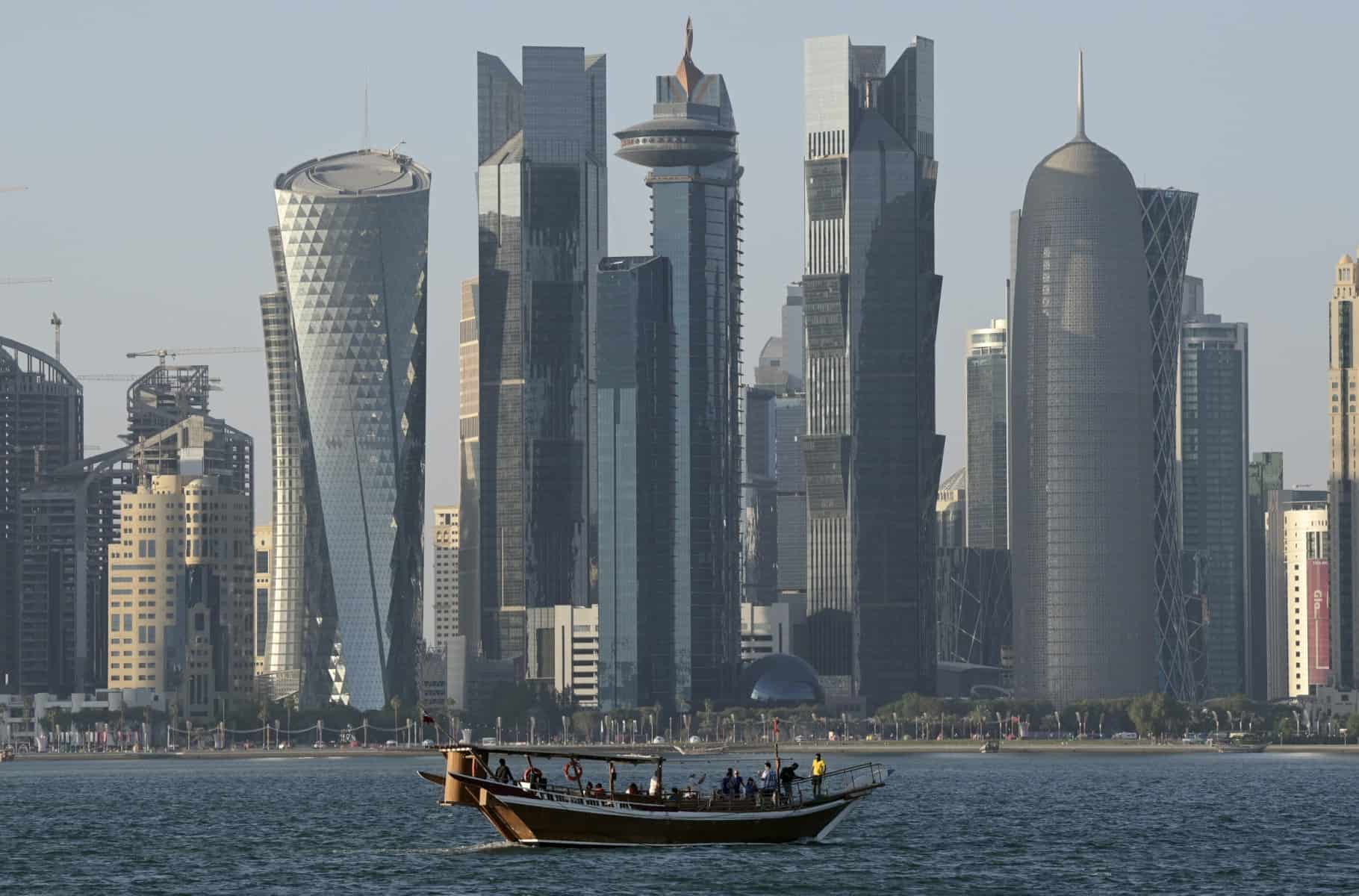Doha, Qatar–Sustained investment in healthcare infrastructure in Qatar has seen a rapid transformation in the sector as promotion of health and prevention against diseases are set to yield long-term growth for health care sector in the country.
A new study issued by Investment Promotion Agency of Qatar (IPA Qatar) indicated that health promotion and disease prevention underpin its commitment to ensuring the well-being of existing and future generations.
The nation is taking big strides in fostering innovation and research, which is evident in initiatives like the Qatar Genome Program and Qatar Biobank, as well as collaborations with renowned institutions such as Weill Cornell Medicine, Mayo Clinic, Imperial College London, Cleveland Clinic, Johns Hopkins Medicine, and University College London.
Sustained high levels of investment for the expansion of healthcare infrastructure and services ensure a positive market outlook across primary, secondary, and tertiary care.
The country already boasts several state-of-the-art healthcare facilities.
Aspetar, was the first specialized orthopaedic and sports medicine hospital in the GCC; Hamad Medical Corporation (HMC), was the first hospital in the Middle East to be accredited by US-based non-governmental organization ACGME International, and Sidra Medicine launched the first paediatric robotic surgery program in the Middle East.
The study added that over the next 10 years, digital infrastructure, virtual care, remote patient monitoring and AI will account for approximately 30% of hospital investments in the region with a projected market growth of $8.6bn in the Middle East by 2032, the GCC is progressively fostering the advancement of research in areas such as precision medicine.
One area in which Qatar is particularly thriving is its Medical Technology (MedTech) sector, which is expected to grow at a CAGR of 6% between 2021-2026. One factor helping drive this growth is the country’s vibrant start-up ecosystem.
The study added that the country’s healthcare sector offers state-of-the-art medical facilities, an extensive R&D ecosystem, a highly skilled talent pool, support for private-public partnerships (PPPs), strong digital adoption and world-class tech infrastructure.
Qatar offers the perfect example of how a collaborative approach brings together innovative ideas, sound investment and essential support to enable a promising project to flourish. Qatar Science & Technology Park (QSTP) offers a dedicated free zone for technology and innovation, where entrepreneurs and start-ups are empowered to realize their full potential and achieve sustainable growth.
The new study pointed out that thanks to investment and support from QSTP, one start-up that has seen significant success is Meddy which has grown to become the largest doctor booking platform in Qatar, boasting over 200,000 monthly users.
Working with major healthcare providers in the country, Meddy helps patients find the doctors best suited to their needs, based on a wide array of filters and reviews, and can book appointments with them. In 2021, the start-up was acquired by Helium Health, a leading healthcare technology provider in Africa.
The study said Qatar offers the perfect example of how a collaborative approach brings together innovative ideas, sound investment and essential support to enable a promising project to flourish. Qatar Science & Technology Park (QSTP) offers a dedicated free zone for technology and innovation, where entrepreneurs and start-ups are empowered to realize their full potential and achieve sustainable growth.
The study added that Droobi is another QSTP success story, providing the worlds first suite of bilingual (Arabic and English) digital therapeutic programs using a host of best-in-class technologies. It integrates technology, healthcare professionals, data analytics and the science of behavior change to help people manage their chronic diseases more effectively and reduce the risk of developing other diseases.
It pointed out that foreign investors will find a valuable and competitive business climate in Qatar, backed by a stable and resilient economy, pro-business regulations and a vibrant knowledge ecosystem.
The country’s strategic investments in healthcare institutions, skilled talent and world-class tech infrastructure pave the way for remarkable growth and innovation in the healthcare sector.
The global healthcare industry is on the cusp of a significant transformation, with projections indicating that health spending could almost triple to $30 trillion by 2050, according to the Institute for Health Metrics and Evaluation.
The study outlined that the increased demand for healthcare has been driven by several factors.
The pandemic significantly heightened awareness of personal health and well-being; people are investing more to prevent and manage the rise in health challenges.
Technological advancements have made health products more accessible, while remote work and lifestyle changes now allow people to focus more on themselves, adding that GCC’s medical tourism revenue is projected to grow to $2.1bn this year, recording a CAGR of 8.9% since 2017.
The study noted that over the next 10 years, digital infrastructure, virtual care, remote patient monitoring and AI will account for approximately 30% of hospital investments in the region.
The study said that with a projected market growth of $8.6bn in the Middle East by 2032, the GCC is progressively fostering the advancement of research in areas such as precision medicine.








